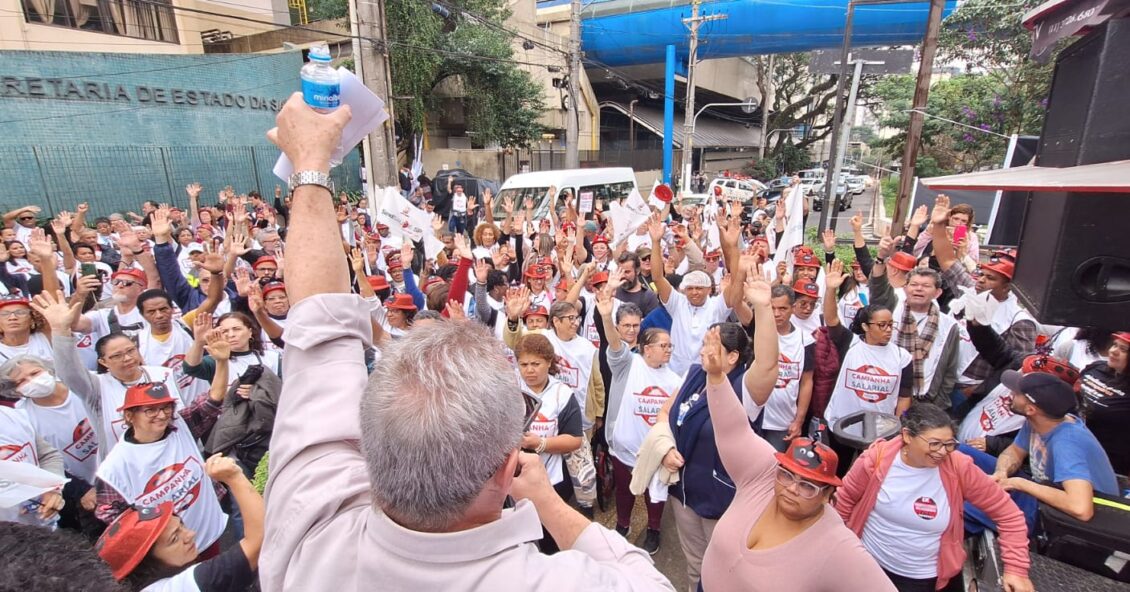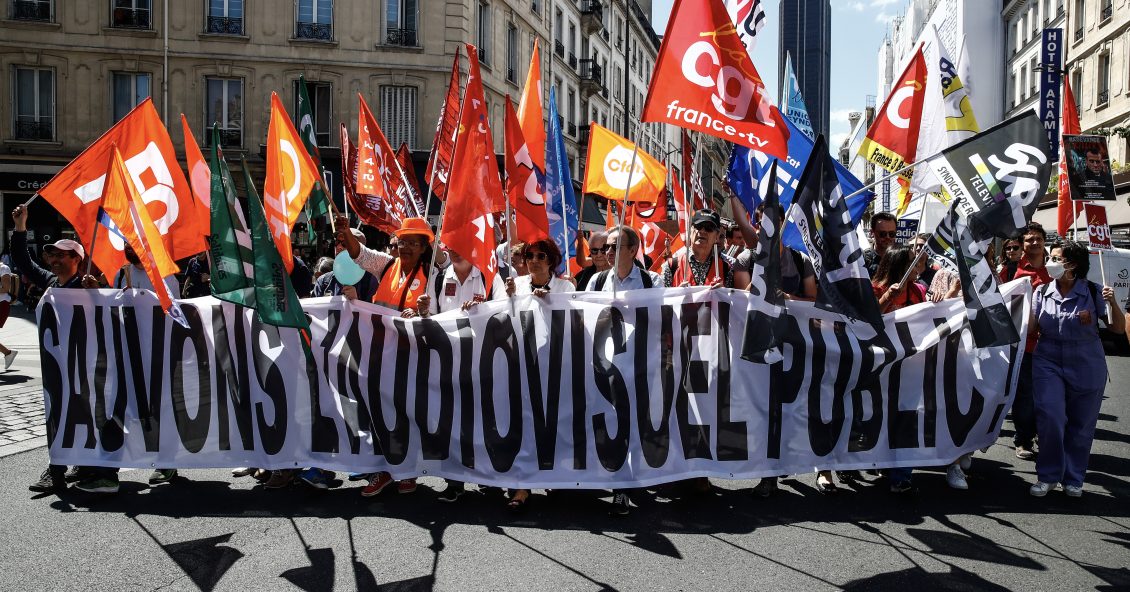UNI LGBTI+ Webinar emphasizes need for global solidarity in the face of rising discrimination
16.05.25
This week, UNI Global Union united over 115 trade union leaders, activists and experts from all over the world together online to highlight the urgent need for solidarity in the face of growing global LGBTI+ discrimination and inequality.
Speakers addressed the systemic challenges LGBTI+ workers face and showcased union-led initiatives advancing inclusion, protection and their rights in the workplace, with a strong focus on mental health.
UNI General Secretary Christy Hoffman spoke about why we need these efforts now, warning of a global rollback of hard-won rights.
“This is an especially difficult moment. Rights that have been hard-fought and hard-won are under threat and we face attacks that could push us backward,” said Hoffman.
“This network matters. It protects us and defends rights we’ve spent decades fighting for.”
Discrimination, mental health and the role of unions
Stigma, harassment and exclusion remain daily realities for many LGBTI+ workers, contributing to serious mental health challenges.
“Across the world, LGBTI+ workers are under attack – attacks designed to isolate us,” said Veronica Fernandez Mendez. “Our answer must be solidarity in our unions: to organize, come together and act.”
Fernandez Mendez also highlighted the UNI Mental Health Manual as a key tool for strengthening union action on mental health.
Global trade union resistance
Claire Trevor, consultant for the LGBTI+ Workers Group of the Council of Global Unions, emphasized the need for collective resistance.
“The global labour movement is united. We condemn the U.S. government’s discriminatory agenda and will raise our voices again on IDAHOBIT, May 17,” she said. “We must keep pushing forward or risk losing hard-won progress.”
Yukari Misaki shared Japan’s MiMoSa Project, which promotes diversity through inclusive workplace practices like menstrual health support and gender-specific healthcare.
Maria Aparecida da Silva, from SIEMACO, Brazil, shared other innovative trade union initiatives that contribute to build strong allyships that support the LGBTI+ community, such as “Mothers for Diversity.”
Ignacio Doreste of the European Trade Union Confederation (ETUC) reminded participants that LGBTI+ workers are disproportionately affected by discrimination and psychosocial risks at work.
Representatives from SACCAWU talked about the particularly elevated mental health risks for LGBTI+ workers in South Africa and how a supportive trade union movement can significantly improve the lives of LGBTI+ workers.
Rory O’Neill Expert on Occupational Health and Safety said that “the critical point is this: health and safety – whether it’s mental health or any other issue – can only be achieved with strong trade unions and worker participation.”
A united front
Participants came away from the meeting with not only a better understanding of the effects of LGBTI+ discrimination on workers but how unions are fighting it. The ability to be safe at work, to have necessary mental health protections is a right for all workers. Collective action essential for workers to advance their rights, particularly those who are targeted because of who they are.
The fight for LGBTI+ rights and their wellbeing is global, and unions are ready to lead it.


